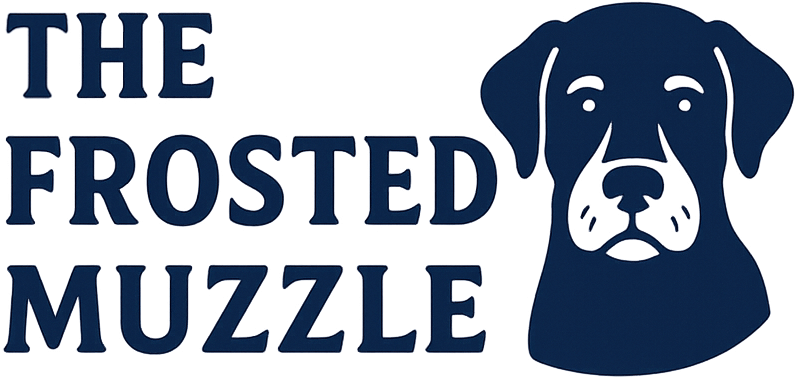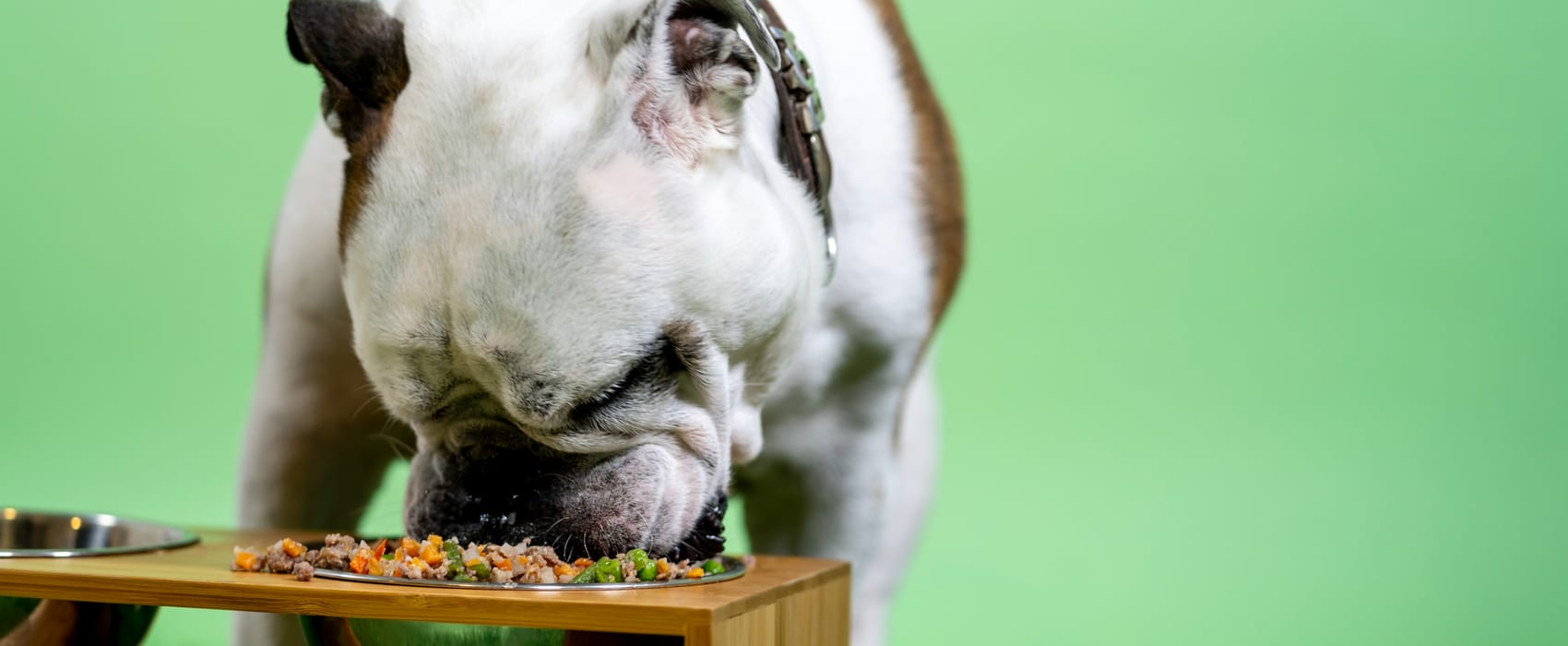Table of Contents
As dogs age, their nutritional needs change significantly. A well-balanced diet can help senior dogs maintain energy levels, preserve muscle mass, support joint health, and even extend their lifespan. Research-backed dietary strategies for senior dogs emphasize high-quality protein, essential fatty acids, antioxidants, and gut health.
Key Components of a Senior Dog’s Longevity Diet
1. High-Quality Protein
• Aging dogs need protein to maintain muscle mass and prevent frailty.
• Opt for lean, easily digestible sources like chicken, turkey, fish, or high-quality meat-based kibble.
2. Healthy Fats & Omega-3s
• Omega-3 fatty acids (found in fish oil, flaxseed, and krill oil) support brain function, joint mobility, and heart health.
• Helps reduce inflammation, which is key for arthritis and cognitive function.
3. Antioxidants & Superfoods
• Blueberries, spinach, turmeric, and carrots help combat oxidative stress, which accelerates aging.
• Antioxidants support immune health and cognitive function.
4. Digestive & Gut Health
• Probiotics and prebiotics promote a healthy gut microbiome, aiding digestion and nutrient absorption.
• Fermented foods like kefir or supplements containing Lactobacillus can support gut health.
5. Joint & Mobility Support
• Glucosamine, chondroitin, and green-lipped mussel extract can ease joint discomfort.
• Bone broth is an excellent natural source of collagen and amino acids for joint health.
6. Hydration & Bone Broth Benefits
• Senior dogs can become dehydrated more easily, leading to kidney stress.
• Adding bone broth to meals boosts hydration while providing essential nutrients.
What to Avoid in a Senior Dog’s Diet
• Excessive carbohydrates, fillers, and low-quality grains (which can contribute to obesity).
• Artificial preservatives, colors, or byproducts.
• High levels of sodium and overly processed foods.
Best Feeding Practices for Longevity
• Feed smaller, more frequent meals to aid digestion.
• Consider a fresh, raw, or freeze-dried diet for optimal nutrition.
• Consult your vet to adjust calorie intake based on activity level and weight.
By prioritizing whole, nutrient-dense foods and supporting gut and joint health, you can help your senior dog not just live longer—but thrive in their golden years.

